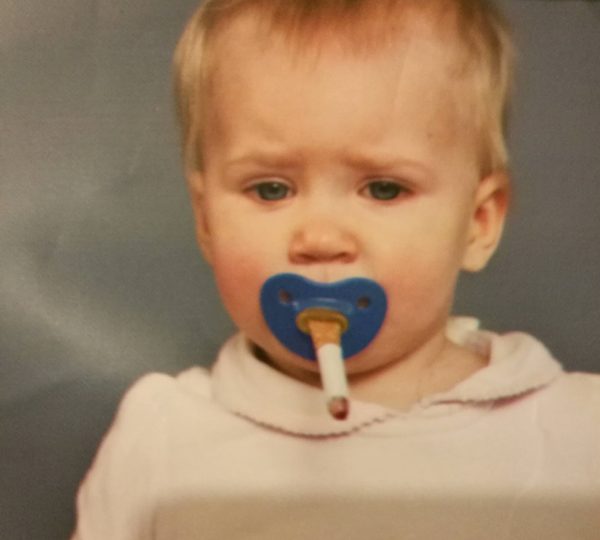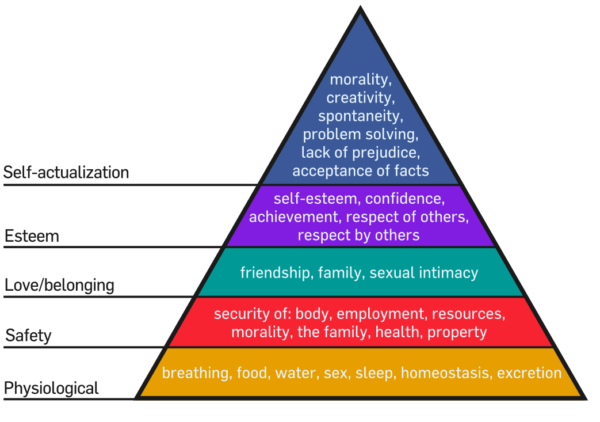An Economics Of Survival
A specter haunts humanity: the fear that even if we do everything right, we are doomed as a civilization, because all good things get mobbed by the herd and end in failure.
This is a hidden fear that few will verbalize.
Bruce Charlton writes about the Calhoun mouse Utopia experiment:
Four healthy breeding pairs of mice were allowed to reproduce freely in a ‘utopian’ environment with ample food and water, no predators, no disease, comfortable temperature – a near as possible ideal conditions and space. What happened was described by the author in terms of five phases: establishment, exponential growth, growth slowing, breeding ceases and population stagnant, population decline and extinction
…The Mouse Utopia experiment is usually interpreted in terms of social stresses related to ‘over-population’; that crowding generated pathological behaviours and a loss of the will to reproduce. But this seems, very obviously – I would have thought – an incorrect explanation; because 1. The mouse population never actually became crowded, 2. The suppression of breeding happened very quickly, and never recovered even after the population declined rapidly and crowding was reduced, and 3. the population rapidly became extinct.
Michael A Woodley suggests that what was going on was much more likely to be mutation accumulation; with deleterious (but non-fatal) genes incrementally accumulating with each generation and generating a wide range of increasingly maladaptive behavioural pathologies; this process rapidly overwhelming and destroying the population before any beneficial mutations could emerge to ‘save; the colony from extinction.
This presents to us an interesting question: does a civilization die from accumulation of deleterious mutations, over-population or loss of the will to live?
Let us look instead into an economics of survival, where we measure the decision to survive in terms of its ability to meet existential needs, or the sense that life is worth living and striving for success within, including the desire to reproduce.
Most are familiar with Mazlow’s hierarchy of needs:
This ranks the index of survival for a creature from lowest needs, namely shelter for the physical body, to psychological or spiritual needs such as embrace by the community, feeling loved, and feeling purpose enough to discipline itself toward self-actualization, or understanding of itself and what it values, and reduction of impulse by favoring goals over bodily reactions.
A creature thrives when all of its needs are met. This makes us see the question of civilization less of surviving, which can be done independently, but as thriving, which is tied up with reproduction in that a solitary creature cannot have a mate, and small groups provide few breeding opportunities for those offspring. Thus the happiest creatures, and those prone to reproduce, are those within a group where they feel that their grandchildren will be like them and have positive lives.
Charlton’s explanation, while clearly partially correct at a minimum, denies the economic agency of the mouse. Economics is the science of choice, with a risk-reward balance present but also a balancing between different types of actions. Do we buy the whiskey, which makes us happy for a night, or the IBM stock, which gives us a greater sense of security for the future? “Utility,” as defined by economists, includes all of Mazlow’s needs because any one of them can motivate a decision; many people have decided to live under less-certain circumstances in exchange for emotional or spiritual needs being met.
To the Platonist, the two conditions — economics and genetics — lead to one another. Mice have economic agency, which means that they can choose to reproduce or to invest that time and energy elsewhere. A mouse confronted with a desperate situation in mating, such as being lower in the hierarchy and likely to lose fights with other males, may choose to avoid mating. Fights can and often are fatal, and so if mating is not in the cards, a male mouse in captivity will sit out the challenge unless conditions change; a mouse in the wild will relocate.
In the same way, a mouse facing impossible conditions of survival will become listless and cease breeding. This hits the most intelligent mice first, allowing those who are less fit to continue reproducing because they are oblivious to the hopelessness of the condition. Being stuck in captivity, where reproduction is high and yet nothing will change, may be enough to induce this feeling in a mouse.
In this way, Charlton’s theory is correct but only as the result of this economic choice. In human societies, as we begin to feel more “in captivity,” it becomes clear that the bad people are winning and so only the bad will win. At that point, the fit slow or stop reproducing, which allows deleterious genetic mutations to take over, dooming the civilization.
Tags: agency, economic theory of survival, existential misery, john calhoun, mazlow's hierarchy of needs, mice, utopia











